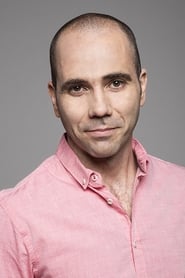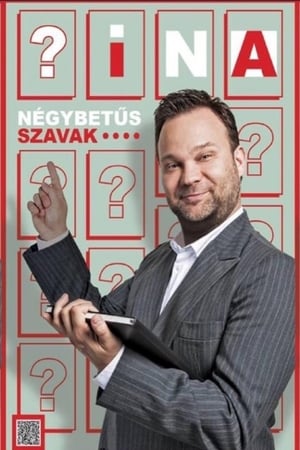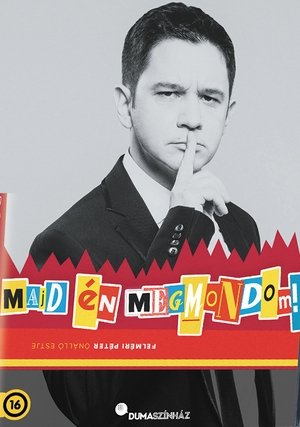Dumaszínház: Ősök és utódok - Kovács András Péter önálló estje
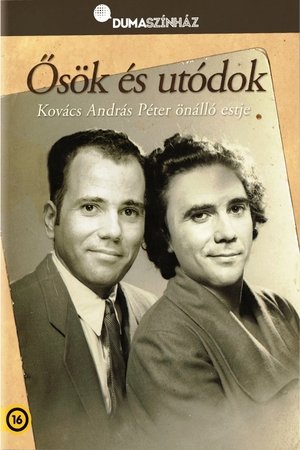
Dumaszínház: Ősök és utódok - Kovács András Péter önálló estje
HomePage
Overview
One man stands up in front of many people and speaks his joys and sorrows. What is this if not therapy? Yes. It is. András Péter Kovács breaks down inhibitions, sheds tears, brings relief and liberation. He does all this under the spell of family experiences and problems. The stakes are not small. One man's life through one man's life. From birth to the final goodbye. The oft-heard phrases we hate as children, use as parents, criticise as grandparents. "As long as you eat my bread...", "But at my age...", "I don't want to interfere, but...", "That won't get you anywhere with me...". Human games in the family as a child and as an adult, as seen through the eyes of a comedian who is a child, husband, father and relative. Pereputty, or emotional rollercoaster in the family circle.
Release Date
2015-12-02
Average
0
Rating:
0.0 startsTagline
Genres
Languages:
MagyarKeywords
Similar Movies
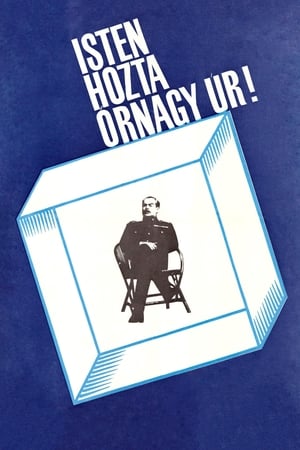 6.9
6.9The Toth Family(hu)
The Toth family resides in Northern Hungary. The couple has a daughter and a son, the latter a member of the armed forces. When his weary major is ordered to take a vacation, the son talks him into a visit to his family home. Comedy ensues when the Toths go overboard trying to make things pleasant for the visiting major in hopes of an easier life for their son the soldier.
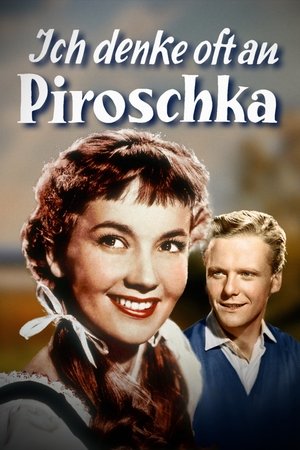 7.0
7.0I Often Think of Piroschka(de)
Andreas, a young German student comes to Hungary on an exchange programme. In the Hungarian village he falls in love with the stationmaster's daughter Piroschka and spends much of his time with her. They have an enchanting summer until Andreas gets an invitation to join another young woman at a nearby resort. Piroschka is jealous and follows him there, causing trouble. It takes a long time for Andreas and Piroschka to even talk to each other again. When Andreas has to leave Hungary at the end of his holiday, he is determined to return some day.
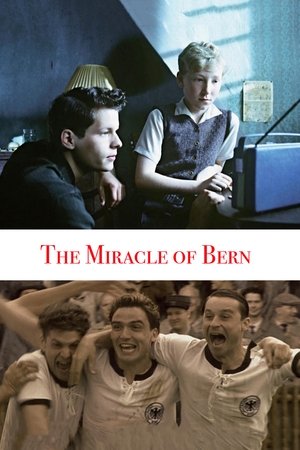 6.5
6.5The Miracle of Bern(de)
The movie deals with the championship-winning German soccer team of 1954. Its story is linked with two others: The family of a young boy is split due to the events in World War II, and the father returns from Russia after eleven years. The second story is about a reporter and his wife reporting from the tournament.
 7.1
7.1Sissi: The Young Empress(de)
Sissi is now the empress of Austria and attempts to learn etiquette. While she is busy being empress she also has to deal with her difficult new mother-in-law, while the arch-duchess Sophie is trying to tell the emperor how to rule and also Sissi how to be a mother.
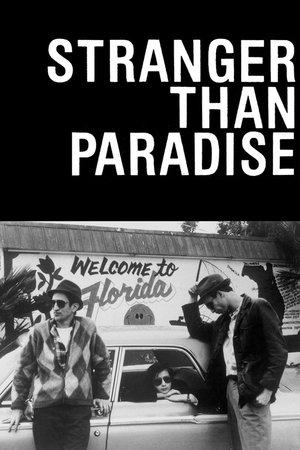 7.2
7.2Stranger Than Paradise(en)
A Hungarian immigrant, his friend, and his cousin go on an unpredictable adventure across America.
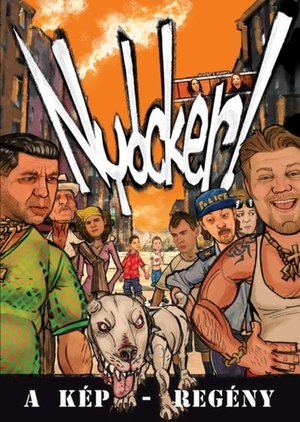 5.0
5.0The District(hu)
In an effort to end family feuding, a young gypsy travels back in time to kill mammoths to ensure Hungary becomes rich by killing mammoths in order to create a massive oil reservoir. Things don't go entirely according to plan...
 7.2
7.2Love on the Right Course(en)
Thirty year old, Whitney Williams, a professional golfer, suffers a series of setbacks that lead her to question her future in the sport. After an extended losing streak, she returns home to Budapest, Hungary, to reevaluate her future in the sport. There she meets a golf pro who helps her rediscover the joy of the game. In the process, she finds love.
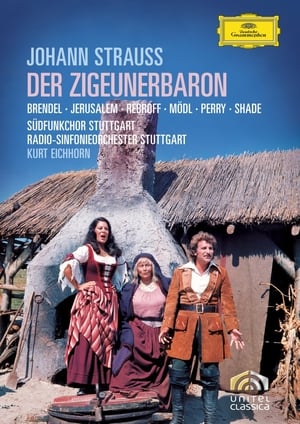 0.0
0.0The Gypsy Baron(de)
In the Temesvar Province, a landowner returned from exile marries a gypsy girl who is revealed to be the daughter of a Turkish Pasha and the rightful owner of a hidden treasure. Next to "Die Fledermaus", DER ZIGEUNERBARON is Johann Strauss’s most popular operetta. The libretto gave Strauss the chance to revel in such contrasting musical forms as the Csárdás and the Viennese waltz. The style of the lied forms and ensembles is so original and finely balanced that the "Gypsy Baron" can truly be called a comic opera. Among the leading names of the stellar cast in this exuberant 1975 film of the operetta are Wolfgang Brendel, Ivan Rebroff, Janet Perry, Ellen Shade, Martha Mödl and, in the role that launched his career, Siegfried Jerusalem as Sándor Barinkay.
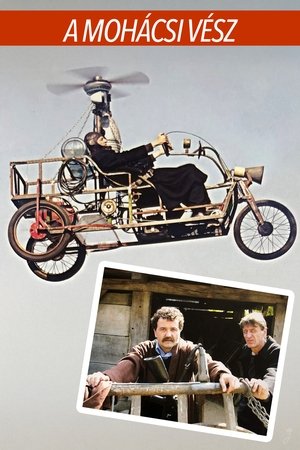 5.6
5.6The Battle of Mohács(hu)
By the notes of Fiáth Pompeiusz, the one-time friend of Kapa and Pepe, Professor Szirtes has solved the secret of the time machine, and he realizes the invention relying on "special" H2O. Kapa and Pepe shall return by it into the past in order to set time right, which is out of joint, that is, to correct history, to save King Louis II, and prevent the Mohács Disaster. Pepe yields to the not too tender persuasion to enter upon the great journey through time, dies and revives, and they arrive at the battlefield of Mohács in time. Kapa films the events. The Turks win and cut off the king’s, Pepe’s, head, still the Hungarians dictate the peace treaty. Kapa and Pepe want to return, they fill the time machine up with water from the well, yet it won’t start. Even so Kapa and Pepe hover over Budapest and quarrel.
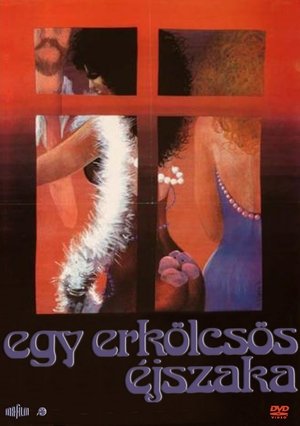 6.0
6.0A Very Moral Night(hu)
A brothel in a small Hungarian town becomes the home of a medical student after his favorite working girls find out he's out of rent money. Trouble brews as they learn his mother is coming for a visit and they must transform the house.
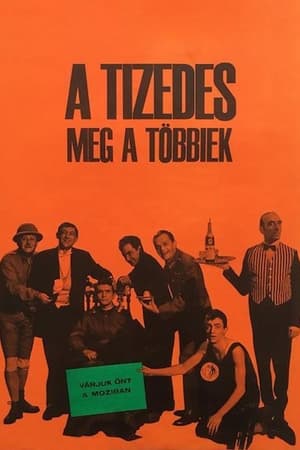 8.0
8.0The Corporal and the Others(hu)
PFC Molnár decides his WWII services are over, and with serious money hidden in his hand grenades, he heads to an abandoned mansion where he encounters not only the sour butler but a bunch of others who also try to wimp out of their duties.
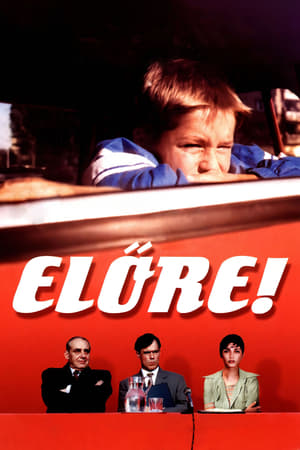 7.0
7.0Forward!(hu)
The story setup in the late Communist era. Two school boys are best friends. One's Father is a mighty communist party secretary, the other is an anti-communist rebel.
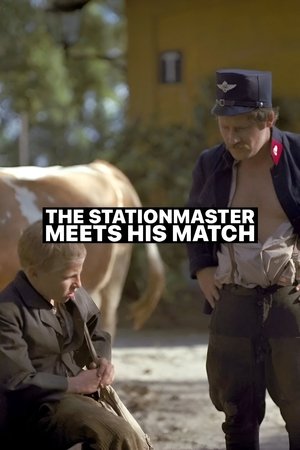 7.7
7.7The Stationmaster Meets His Match(hu)
The story of Bendegúz, the teenage boy who never succeeds in anything and about whom everybody's first though is "I wish you had been hanged when you were born!" drops out of school and becomes a cowboy. He works for the Stationmaster whose cows he has to graze by the railway. Despite his goodwill and kindheartedness he always manages to spoil everything he touches. No matter his wit, he gets into humiliating situations and regularly fights with the Ugly Witch (the Stationmaster's mother-in-law). However his good spirit and cheerfulness never leave him.
 9.0
9.0Dumaszínház: Nekünk áll a László - Hadházi László önálló estje(hu)
What is the point of trolling? Can sport be replaced by humour? Was there life before mobile? Would women be better men or would men be better women? What good is a flag when the wind is not blowing? These questions are not answered in Hadházi's new solo show, but at least it's something to laugh about. We'll take László.
 0.0
0.0Eden for Two(en)
NEW YORK CITY. 1989. While Hungary remains under Communist control, two Hungarians escape to the United States in search of a new life, or at least new friends.
 4.0
4.0Hasutasok(hu)
Four good old friends - all railwaymen until the change of regime - will be the victims of the cutbacks. Many years later, when the old station has been removed by thieves, the former stationmaster of Honos village, Lajos Zsuzsa, receives a notice from the town to go to the station office. Lajos Zsuzsa, in order to get the four friends occasionally back to work, lies that the station still exists and that they are able to carry out their duties.
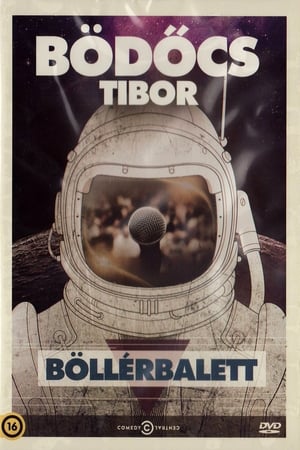 8.8
8.8Bödőcs Tibor: Böllérbalett(hu)
The Karinthy-ringed comedian takes a look at "Hungarian public life bleeding from a thousand wounds" in his talky programme Böllérballett. It will be a continuation of his highly successful production The Meaning of Life and Gardening Tips, which has been seen hundreds of times by audiences across the country.
 5.1
5.1Wake Up, Mate, Don't You Sleep(hu)
This time, Kapa and Pepe are first of all prisoners of war – and convicts taken to forced labor service, Jews, Hungarian soldiers, German soldiers. Once they are to be executed, then again they are to perform executions. The film tells in spectacular episodes about the fact that in the past more than one century and a half we kept marching from war to war; occupation and liberation turned out to be indifferent, and why couldn’t the Jews execute the SS-guys? Our heroes hover about dilapidated barracks, then again on the bridges of the capital they guess whose satellites or eternal friends for all times we might be just now. In the cupboard, among the preserved fruit bottles, Stalin is still hiding. The authors of the film are cited before court, then in a showcase hospital they are waiting for the end to come. A Soviet soldier-maid closes the film with a Péter Nádas-quote.
